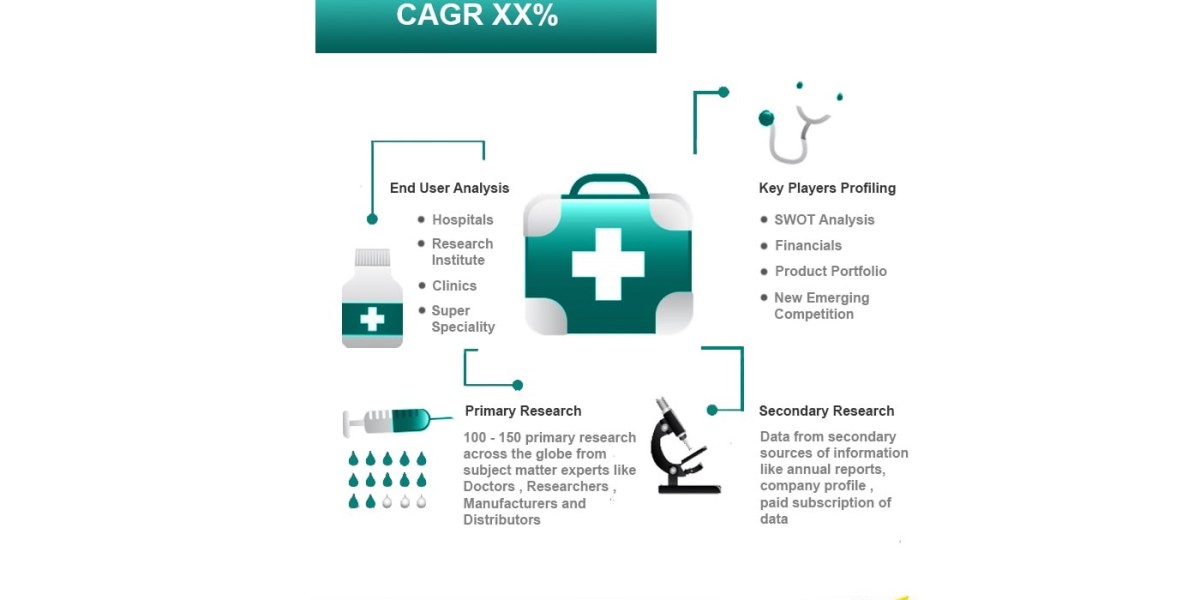Losing access to private keys can be a challenging situation, especially if they are associated with cryptocurrencies, digital assets, or encrypted data. Here are some strategies you can consider for recovery:
Check Backups:
Review your backups and check if you have stored the private keys in any secure location, such as external drives, hardware wallets, or paper wallets.
Look for any digital or physical backups that might contain the necessary information.
Wallet Provider Support:
Contact the customer support of the wallet or service provider associated with the lost keys.
Some platforms may have recovery processes in place, account recovery options, or ways to assist users who have lost access to their keys.
Recovery Phrases or Seed Phrases:
If you have a recovery phrase or seed phrase (a sequence of words) associated with your wallet, you might be able to restore access to your funds using this information.
Ensure you follow the correct procedure for entering the recovery phrase to avoid potential security risks.
Professional Recovery Services:
Consider seeking assistance from professional recovery services. Some companies specialize in recovering lost passwords or keys, but be cautious and choose reputable and trustworthy services.
Be aware that such services might come with a cost, and there's a risk associated with sharing sensitive information.
Consult with Experts:
If your private keys are associated with a specific blockchain or cryptocurrency, consider seeking assistance from community forums, social media groups, or professional consultants who specialize in that particular technology.
Legal and Regulatory Channels:
In some cases, especially if the loss involves significant financial assets, legal assistance may be necessary. Consult with legal professionals who specialize in blockchain and cryptocurrency cases.
Educational Resources:
Some blockchain projects and cryptocurrency communities offer educational resources on key management and recovery. Check documentation, forums, or community support to understand potential recovery options.
Learn from Mistakes:
Once you regain access or if you create new keys, make sure to implement robust security practices, including regular backups, secure storage, and strong password protection.
Recovering Bitcoin from Forgotten Passwords:
Recovering Bitcoin from a forgotten password can be a challenging situation, as the security of Bitcoin wallets is designed to be robust. Here are some general suggestions that might help in such a scenario:
Check for Backups:
Look for any backups of your wallet's data. If you have a backup file, you may be able to restore your wallet to a previous state.
Check both digital backups (e.g., stored on cloud services, external drives) and physical backups (e.g., paper wallets, hardware wallets).
Wallet Provider Support:
Contact the customer support of the wallet provider or software you used. Some wallets may offer account recovery options or guidance on how to regain access.
Explain the situation and provide any relevant information that can help verify your ownership of the wallet.
Recovery Phrases (Seed Phrases):
If your wallet uses a recovery phrase or seed phrase, ensure you have it. This phrase is crucial for restoring access to your funds.
Follow the correct procedure for entering the recovery phrase to regain access.
Password Recovery Options:
Check if the wallet software has any built-in password recovery options. Some wallets might allow you to reset your password through email, mobile authentication, or other methods.
Be cautious about using any online services claiming to recover passwords, as they may pose security risks.
Consult Community Forums:
Visit community forums or online groups related to the specific wallet or cryptocurrency you are using. Sometimes, community members may provide helpful suggestions or share their experiences.








